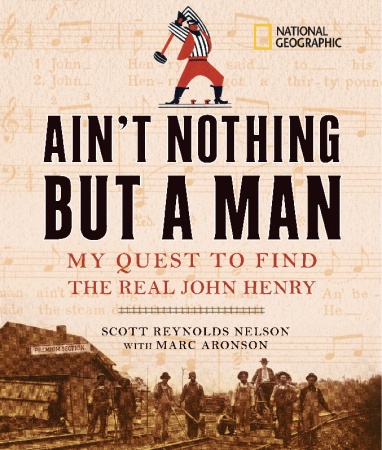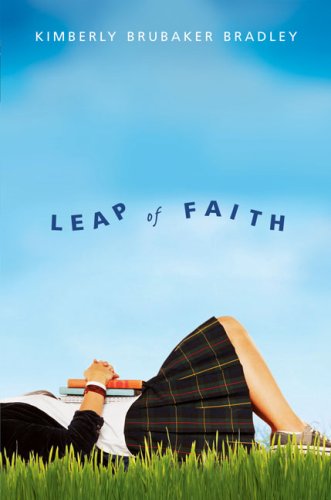 Alex loves dressage. I mean really loves it. So much so that when he was a kid he leashed up his bike, aka Magnifico le Noir, pretended Magnifico was a horse, and drove around the driveway yelling out movements. His mom thinks horses are dirty and nasty, but his dad brings home a horse one day anyway (he won him in a poker game). Alex loves his horse, even if his dad forces him into western riding because dressage is too girly.
Alex loves dressage. I mean really loves it. So much so that when he was a kid he leashed up his bike, aka Magnifico le Noir, pretended Magnifico was a horse, and drove around the driveway yelling out movements. His mom thinks horses are dirty and nasty, but his dad brings home a horse one day anyway (he won him in a poker game). Alex loves his horse, even if his dad forces him into western riding because dressage is too girly.Susan Juby's writing is understated and I think the book ends up all the funnier for it. She slips in these incredibly observant and witty comments that you start taking for granted. It is written in alternating perspectives. Alex (who is in third person) and Cleo (who is in first). It is interesting to see how the characters view each other, situations, and how they react. Alex is incredibly earnest, hardworking, and quiet. Cleo is a spoiled rich girl, somewhat delusional, and is outspoken.
The secondary characters are superb. Alex's younger twin sisters are into martial arts and have a running commentary where they imagine scenarios where they must come to the rescue. His aunt is a beautician who fails spectacularly at her cooking attempts. His dad is a drunk who lives in an RV in the front driveway and has a girlfriend who in a desperate attempt to hide her increasing baldness has died her hair bright orangey red.
Alex is a another kind of cowboy for two reasons. The first is because he prefers dressage, the second because he is gay. Its something he's always known - or at least suspected - because he's always felt different. The way in which his sexuality fits into the plot is deftly handled. Alex has sort of retreated into himself in an attempt to deal with a myriad of things, not least being gay. Instead of a big reveal where everything is resolved the author lets him grow and expand as a character very organically. Its a wonderful thing to read.
This one almost missed me. It was published in 2007. I highly recommend it.







 ing impaired are especially intriguing since she loves death metal, goth fashions and poetry. When Tommy Williams, an especially functional dead kid, tries out for the football team, Phoebe's not the only one interested.
ing impaired are especially intriguing since she loves death metal, goth fashions and poetry. When Tommy Williams, an especially functional dead kid, tries out for the football team, Phoebe's not the only one interested.

